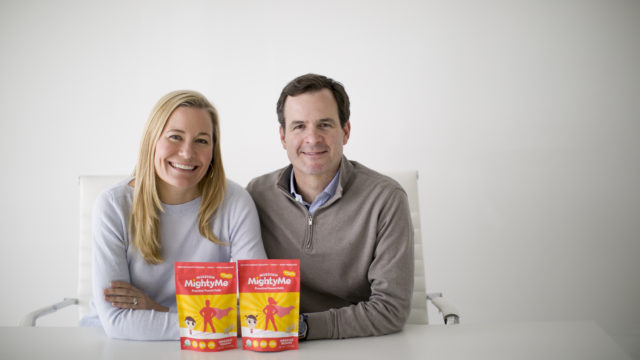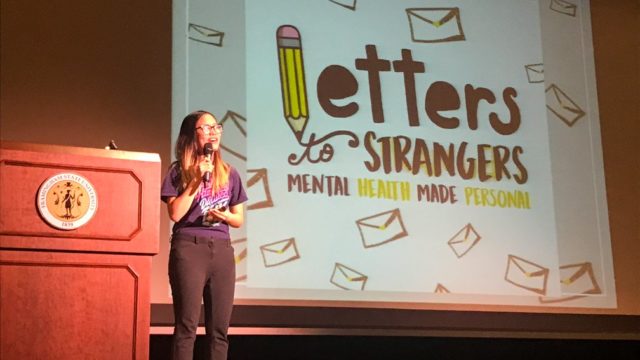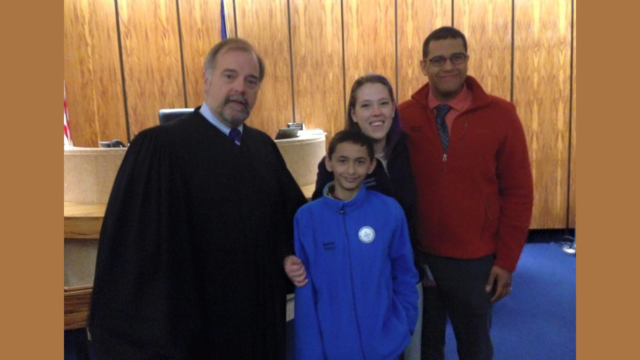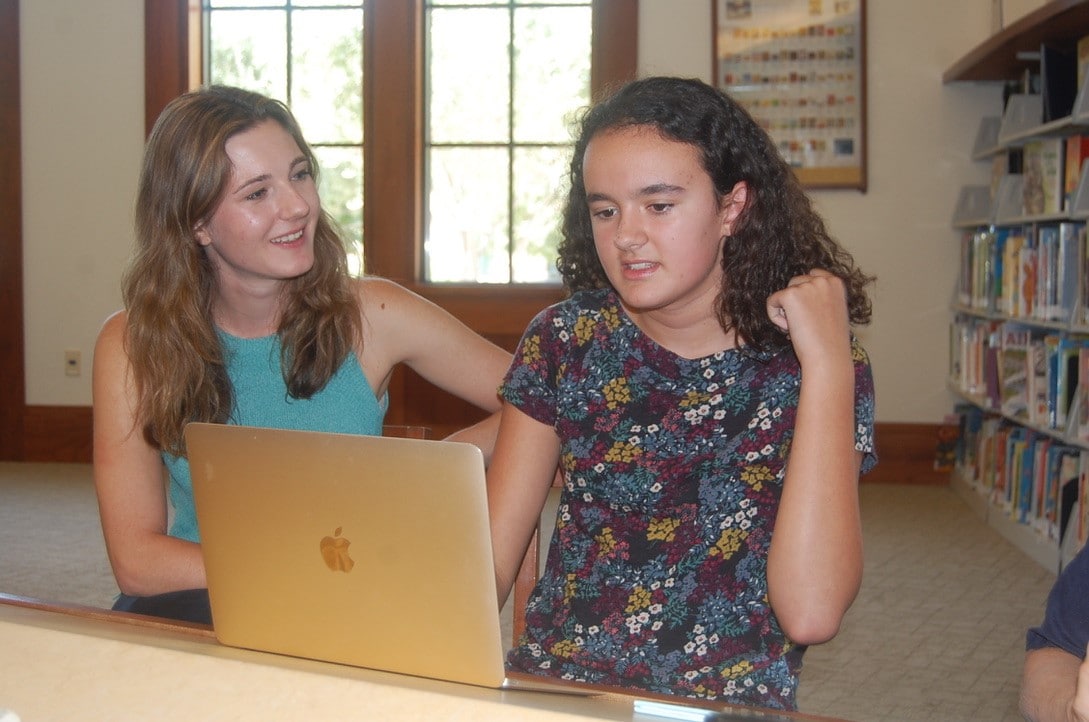
The Pursuit of Happiness
How Kiera Peltz is Empowering Youth Through The Coding School
“Child, we have enough ideas. Come back when you know how to code.”
Kiera Peltz’s heart sunk as a recruiter patted her on the head at her first career fair. A freshman at Brown University, Kiera had interned with a Congressman when she was 14, interned at the LA Superior court at 16, and had even started a charity for homeless youth. In this case, though, it wasn’t enough. Nearly all the recruiters in that room told her the same thing – learn how to code.
A year later Kiera met a group of Estonians at a conference in Russia who explained that everyone in Estonia knows how to code, as it is a national policy to begin coding education at age 7. On the flight home, she wondered why coding wasn’t a bigger piece of education curriculum in the United States.
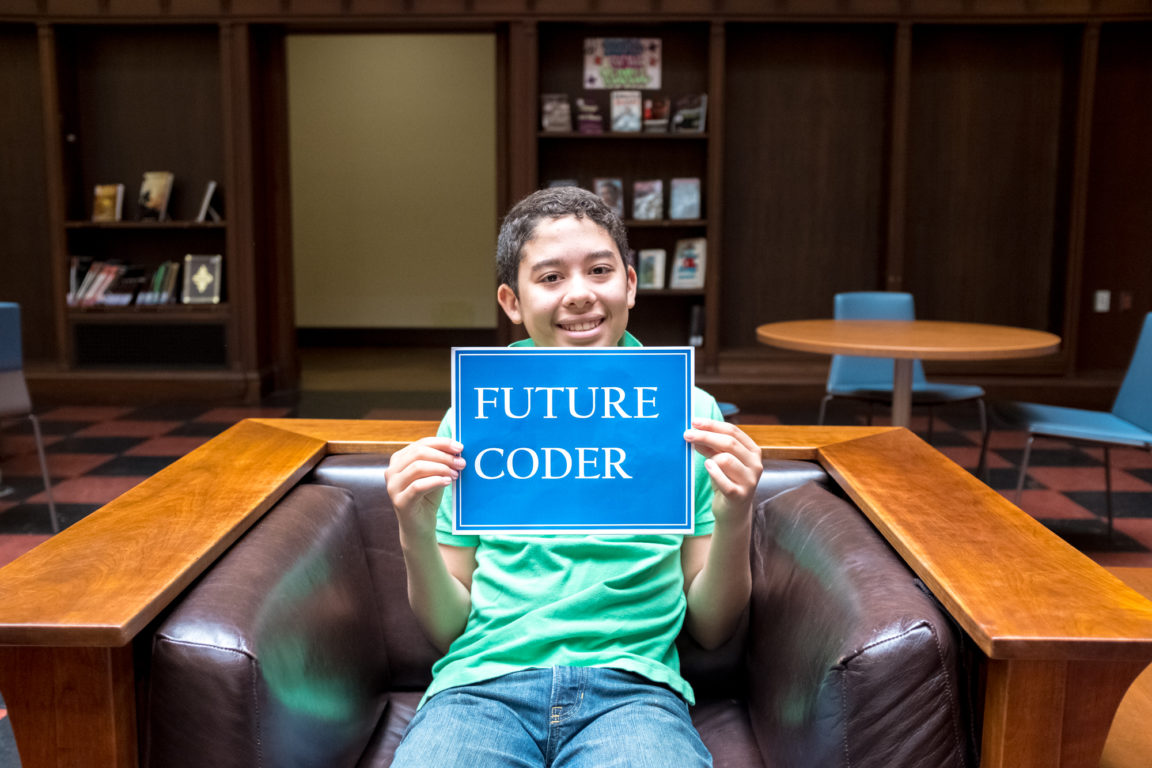
“I couldn’t stop thinking about how we’re not training the next generation with the skills they’re going to need to be empowered, to be able to be self-starters, and to have the careers and jobs that they want. Immediately after I landed, I started looking into it,” Kiera said.
She found that most coding classes in the United States were simple introductory workshops or short sprints just weeks long – they didn’t provide on-going support and long-term practice.
“I thought, ‘We need to fix this. And I’m going to do something about it.’ ” Kiera said.
The Launch
In 2014, The Coding School was born. Connecting with high school principals and PTAs, she helped create a 4-year curriculum focused on long-term in-classroom support.
Since then it has grown into an international organization with more than 600 instructors and students from more than 11 countries participating in their programs.
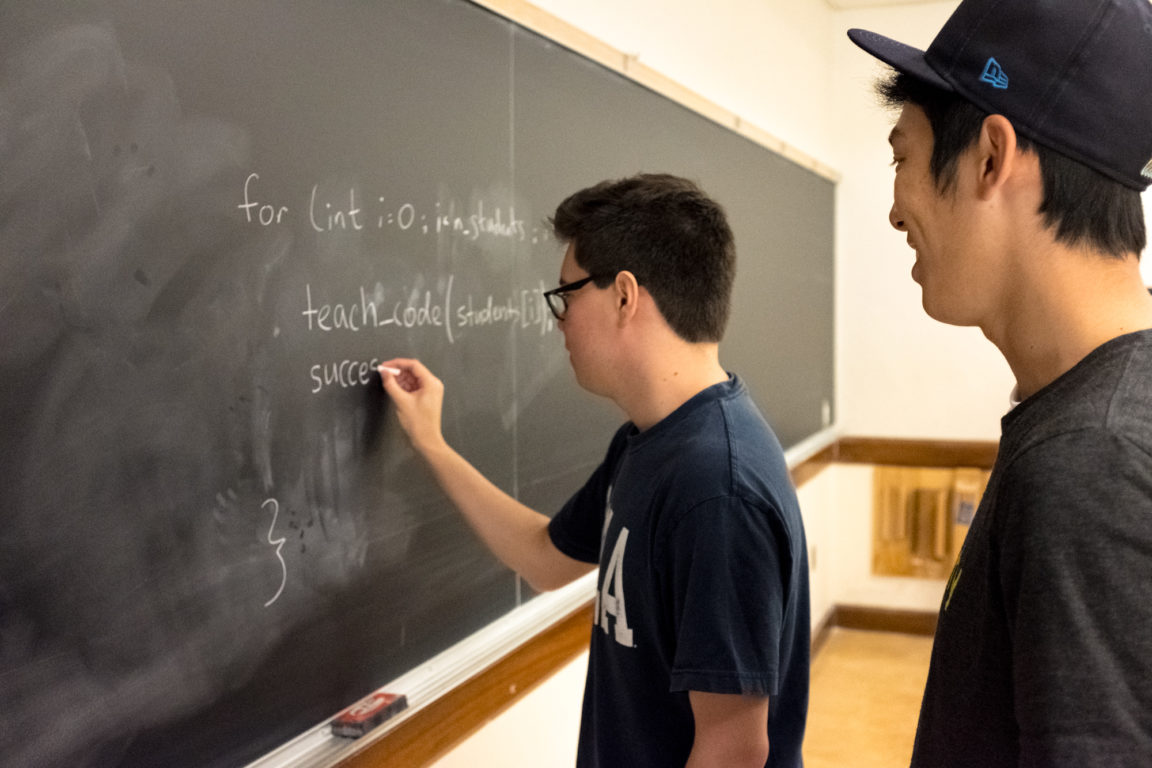
“It’s a bit crazy because I had no coding experience when I set out to do this. So many people I knew told me, ‘you can’t start an organization, you have no experience.’ But that was the point. I’m starting this because I don’t have experience coding, and I should. I want to empower the next generation so that they don’t face that same hurdle,” Kiera said.
She had some help from others along the way, and one was a fellow Coke Scholar.
When Kiera was named a Coca-Cola Scholar as a high school senior in 2012, she came to Atlanta for her Scholars Weekend and was interviewed by, among others, Pamit Surana, a Scholar from the inaugural class of 1989.
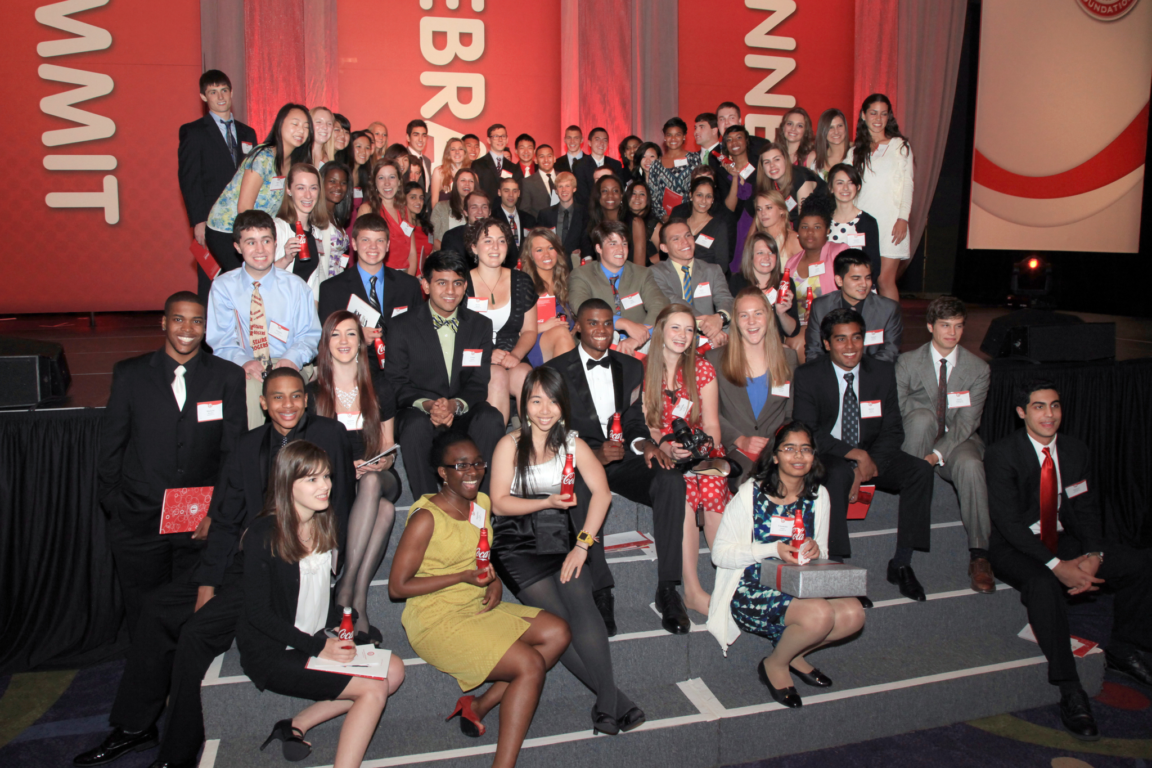
“When I left my interview, he came out, gave me his business card and said, ‘If you ever need anything, let me know. I want to help.’ It was one of the most touching moments of my life. Ever since then, he’s been a close mentor of mine. When I created The Coding School, I asked him to be on the board. He’s always been there for me.
“To me, that’s what it means to be a Coke Scholar. It really is a family that you’re not born into, but that we’re all able to be a part of by having this similar desire to make the world a better place,” Kiera said.
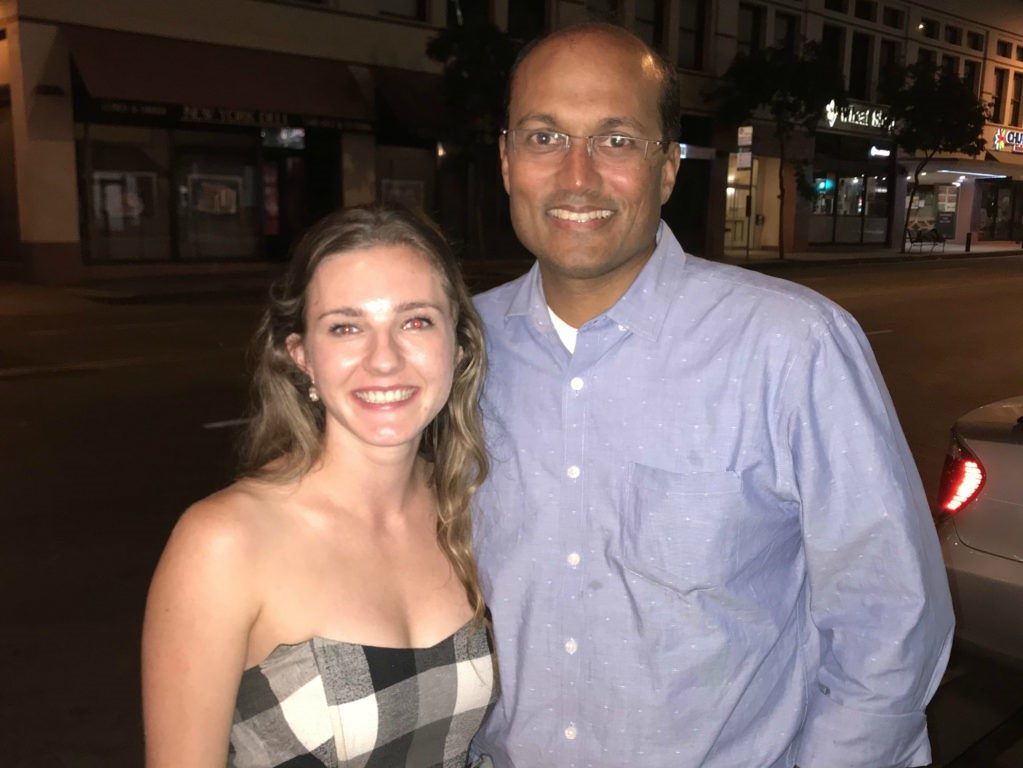
Kiera Peltz with her mentor, Coke Scholar Pamit Surana, in Los Angeles.
The Big Umbrella
Described by friends as the biggest cynic and the biggest optimist they know, Kiera points out problems with the world because she wants to solve them. She truly believes we can create systems that enhance people’s lives and empower everyone.
But what could she do to help create those systems? Her sophomore year, she had an epiphany.
“I realized all I’ve ever wanted to do my entire life is just make people happier and allow people to thrive by giving them opportunities. And if I ever want to go into politics to create systemic change, I need to have a conception of what people need to live good, happy lives. Any good policies need to revolve around a model of what people actually need. This coding nonprofit really falls underneath a bigger umbrella of creating a happier society. It’s all about giving and enabling people to pursue their own potential,” Kiera said.
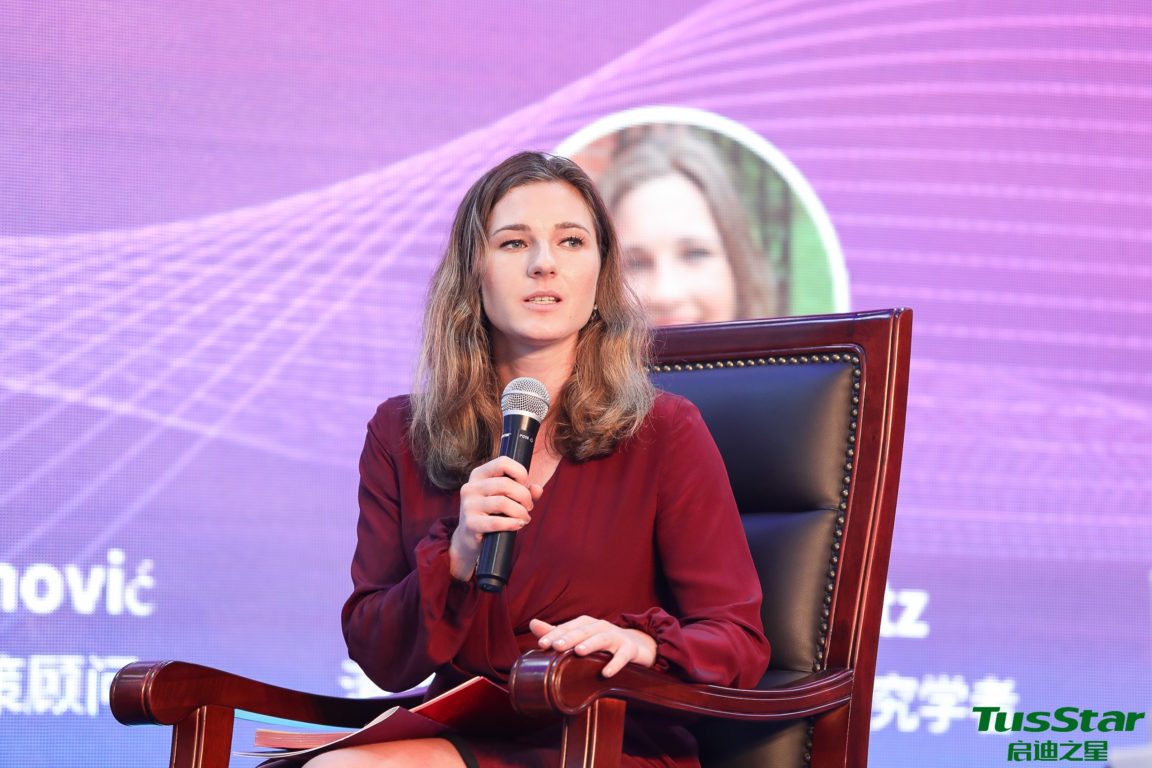
As a result, she built her own major – happiness. She’s kept busy since then, serving as a visiting scholar at the Erasmus Happiness Economics Research Institute (EHERO) in the Netherlands, doing research for the Royal Government of Bhutan (the only country in the world that focuses on Gross National Happiness instead of Gross Domestic Products to measure a country’s progress), receiving a master’s degree in political and economic sociology at the University of Cambridge as a Gates-Cambridge Scholar, and most recently earning her second master’s degree in global affairs at Tsinghua University in Beijing as a Schwarzman Scholar. And of course, all the while growing The Coding School from afar.
Expanding Access
Last July, Kiera moved to Los Angeles to work with The Coding School full time and to expand the programming curriculum to reach more students.
“We started to find by the second and third year of our programs that a lot of female students and students of color were dropping out of the program. I started going to the classes and saw that these kids often were, I think, feeling overwhelmed by louder students. I realized that just because coding education is physically available somewhere, that doesn’t mean that it’s accessible,” Kiera said.
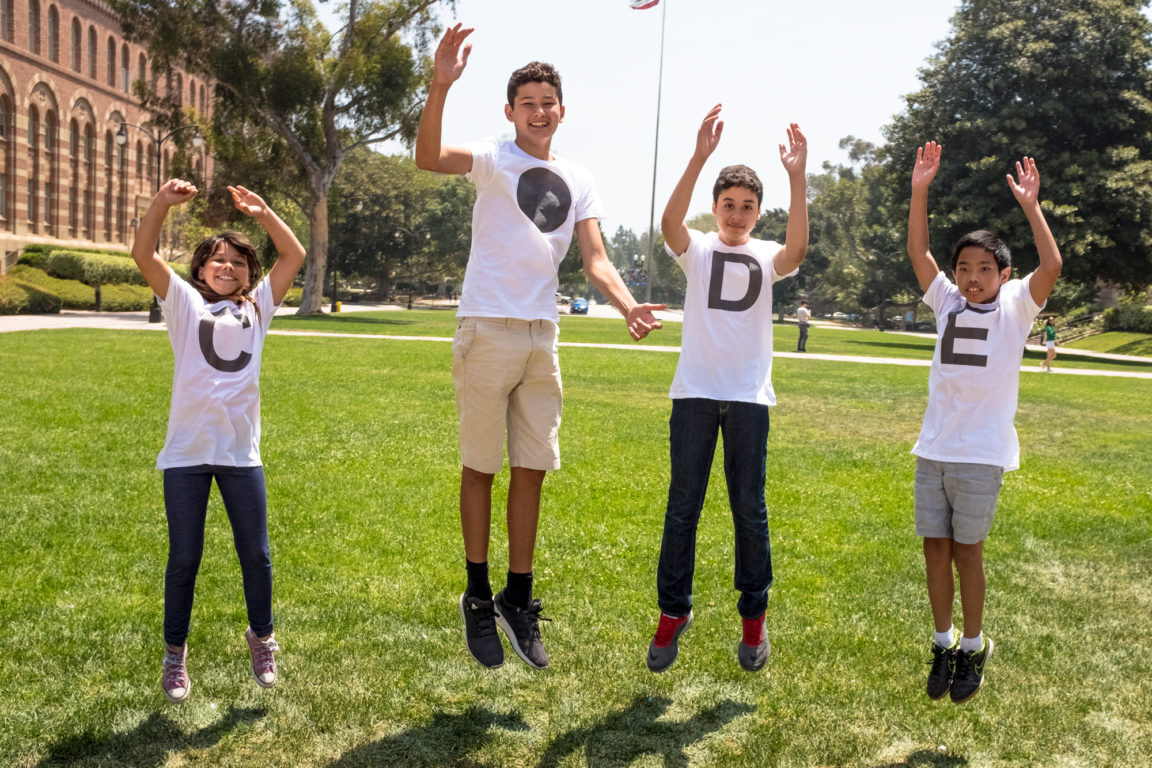
In addition to offering one-on-one coding lessons and mentorship to underrepresented students through their program codeConnects, The Coding School launched a program for students with learning disabilities.
“Two brothers with learning disabilities had taken our coding class, and we were approached by their mom and principal at the end of the program. They said it had changed their lives. One brother now wanted to be a game developer, and the other wanted to be a software engineer, all because of this class. They finally can see a career. Before the class, they were never able to spend more than 5-10 minutes focused on anything. Now they could sit through our entire class, and it had a butterfly effect on all their other classes,” Kiera said.
The encouragement she’s received from students, parents, and teachers continues to push her forward, and she has even greater hopes for the future, including an initiative for homeless youth.
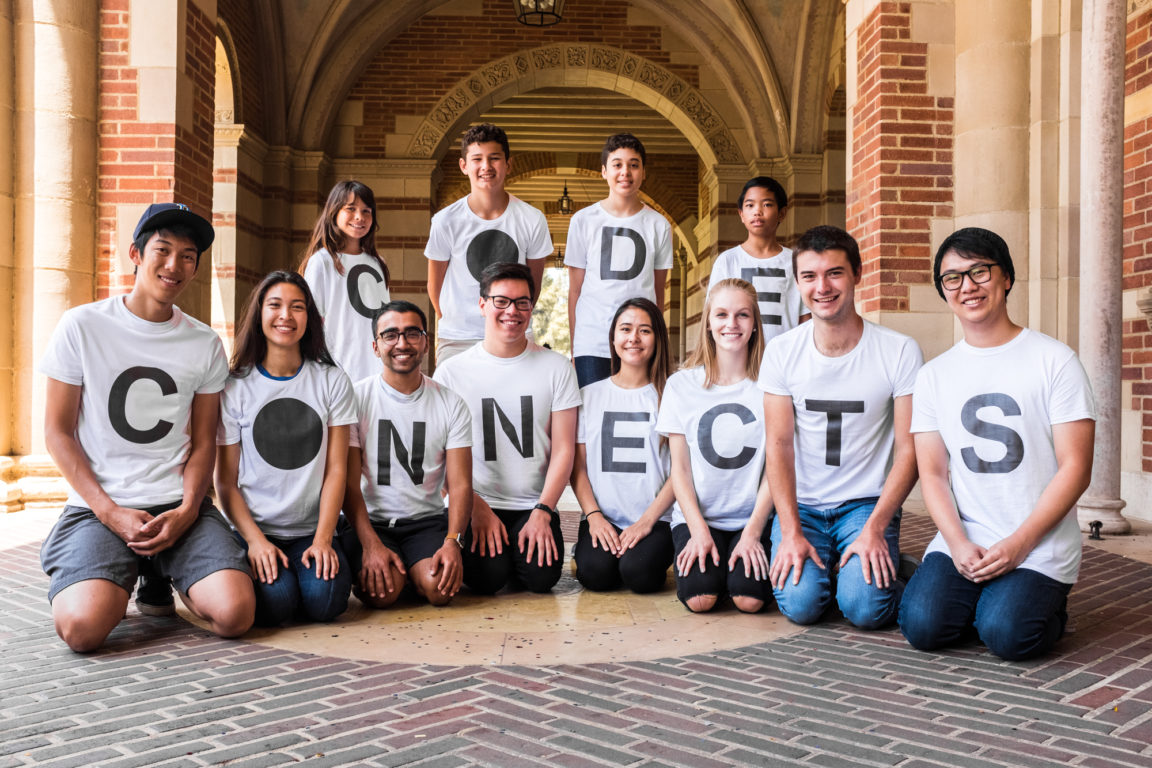
“I really see coding education solving a lot of issues that we have in society today. It’s kind of amazing how passionate I’ve become about it when it was never even on my radar. Now I really see it as the key to social mobility and fixing wealth inequality. In the long term, as these students succeed, they will be able to reinvest in the community by starting their own tech company or being able to be tech talent that can be used in these areas,” Kiera said.
One thing is clear – Kiera’s pursuit of happiness is one that everyone can get behind.
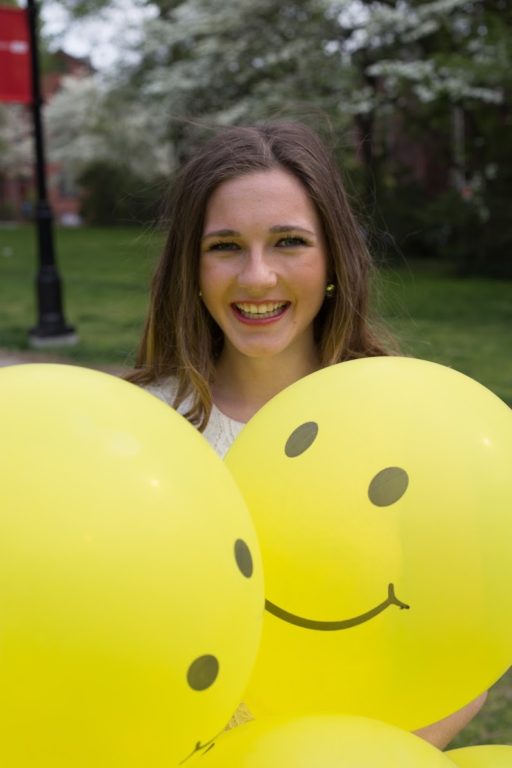
Kiera Peltz is the founder of The Coding School, a 501(c)(3) national nonprofit dedicated to training the next generation for the jobs of tomorrow through code. She is a Gates-Cambridge and Schwarzman Scholar, receiving master’s degrees at the University of Cambridge and Tsinghua University. She graduated from Brown University with a double degree in Political Science and Happiness, an independent major she devised that explores the structural nature of happiness. Kiera’s goal is to use cutting-edge happiness research and big data to help create happier societies. She has worked for the Erasmus Happiness Economics Research Organization, the Royal Government of Bhutan, and numerous political organizations, including the White House. Contact Kiera at kiera@the-cs.org.
The Coca-Cola Scholars Foundation celebrates and empowers visionary leaders who are refreshing the world. With its 31st class of Coca-Cola Scholars, the Foundation has provided more than $69 million in scholarships to over 6,150 program alumni who together have become a powerful force for positive change.


